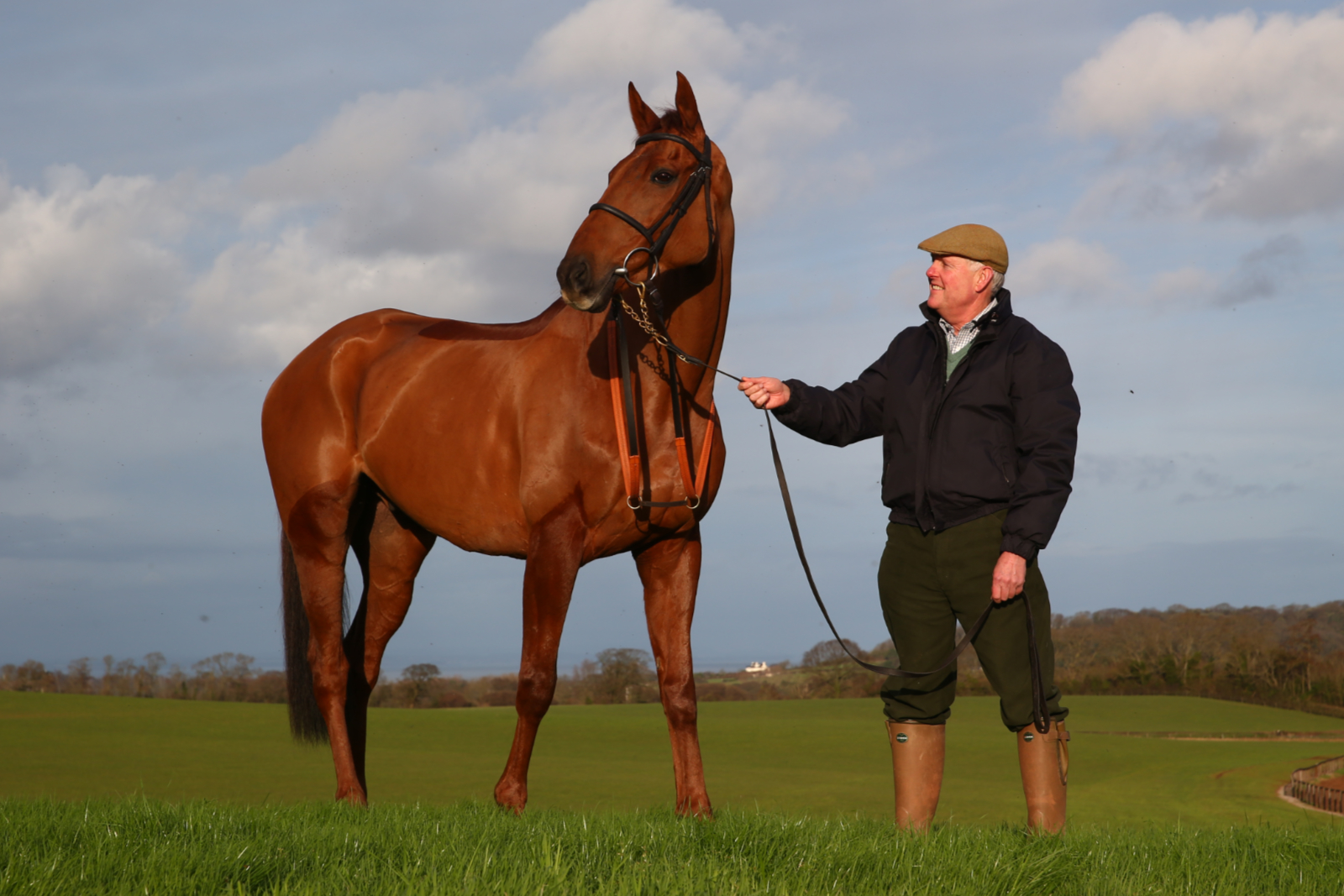Philip Hobbs has been Racing Trainer since 1985 based at Sandhill Racing Stables in Somerset. He has trained over 3,000 winners, principally over fences including Champion Hurdle, Queen Mother Champion Chase, Triumph Hurdle and Welsh Grand National, but also some notable flat triumphs including the Cesarewitch. Here we speak to him about his career and the racing industry.
You have trained some of the best horses to race in the UK and Ireland over the past 40 years, and sent out over 3,000 winners, but what are your own personal highlights and your most rewarding achievements?
All our winners are fantastic, even at the lower levels, but big winners particularly at the Cheltenham Festival are amazing. Maybe the most rewarding was Balthazar King winning two of the most valuable Cross Country races in France at Craon.
What does it take to be a successful trainer, and why do you do it?
The most important thing is to have the right owners and horses and we do it because it is also our life and hobby so it does not seem like work.
What are your priorities in preparing horses to win top level races like the Champion Hurdle and the Queen Mother Champion Chase?
Trying to get the horse at his very best on the day and avoiding any injury or health problems in the build-up.
Horses in training spend a lot of their time in their stables. Do you think that poses any major health and welfare threats, and if so, how do you manage them?
It shouldn’t do, but ventilation, clean forage and bedding are vital. As far as welfare is concerned they are perfectly happy in their stables but I think some turn out, weather and time of year allowing, might help some horses.
We started making our shavings nearly 25 years ago for trainers like you who recognised the damage airborne dust in the stable can do to a horse’s respiratory health. Is that an important reason for you to use Bedmax?
Definitely and it is why we have used Bedmax for so long. As has already been mentioned the horses health is paramount.
What are the most important changes you’ve experienced in racing and training during your career?
Unfortunately, two changes for the horse, staff attitude and ability has deteriorated, although there are still some wonderful, dedicated people. Also, there are now only 3 days in the year at Christmas with no racing, whereas there used to be no Sunday Racing until the 1990’s.
Do you think we’ve made significant progress in the care and welfare of horses in training and on the racecourse?
Definitely, racing is the biggest founder of equine health, research and veterinary science across Britain. £49 million has been invested by the Levy Board and Racing Foundation into welfare products over the last 22 years.
What do you see ahead in the future for racing, and for you personally?
The staffing of racing is the biggest problem, and the only possible solution at the moment is to have more foreign staff. Prize money is a problem but staff and too much racing is more important. Personally, I will always be involved in racing although we may have less horses.
Can you pick a favourite out of all the horses you have trained, and the best horse you have seen on a racecourse during your career?
Probably Rooster Booster the fantastic grey who won the champion hurdle for us in 2003 and the best horse I have seen was Frankel although he was Flat racing and we are much more involved in jump racing.





